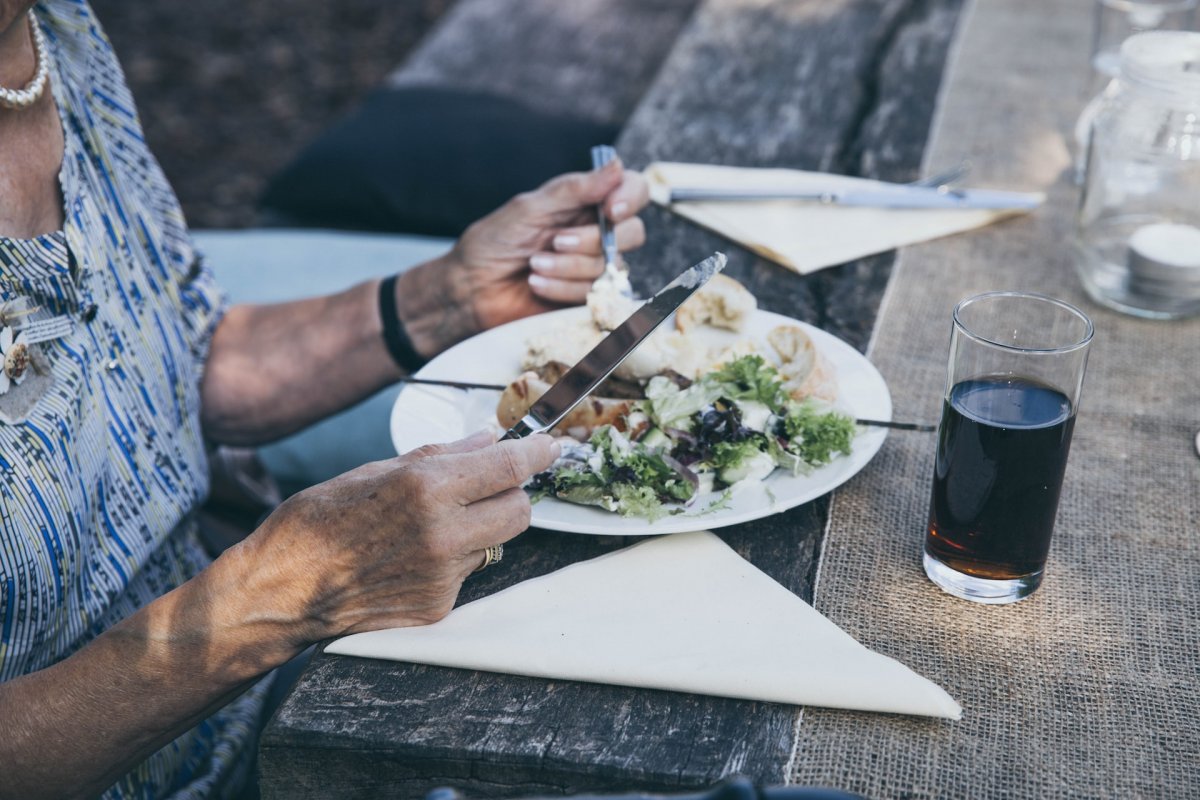
Whether you have fried chicken for breakfast or scrambled eggs, animal products are considered the richest sources of protein. Unfortunately, a new study shows that about 75 percent of older adults are not getting enough macronutrients from their diet. Fortunately, a nutritionist has shared affordable, protein-rich foods that can help fill this gap.
Between five days and limited salt intake, it can seem like there are too many rules when it comes to about a healthy diet.
The results showed that less than one in four older people consume the recommended amount of protein each day.
“Having worked in both medicine and surgery, and often with older people who have experienced falls, I have spent a lot of time telling people the same thing: as we age, we need to increase the amount of protein we consume to stay healthy. Many people are unaware of this increased need, and so we have this gap in protein between what we need and what we consume,” says dietitian Vasilisa Ponomareva, especially for MedikForum.
Worse still, inadequate protein intake in old age can increase the risk of reduced muscle function, muscle loss, and weakness.
“A number of foods are good sources of protein, but do not come in the upper end of the cost scale. These include: eggs, canned fish, canned beans and legumes (lentils, chickpeas, kidney beans, baked beans), some cold cuts, yogurt and milk.”
Want to avoid overeating? Start your day with a high protein breakfast
While all of these foods are good options, meat remains the “richest” source of protein, such as chicken breasts, steaks, and pork chops. are also a good source.
Followed by eggs and then dairy products – cheddar cheese, yogurt and milk. Plant-based milks tend to be lower in protein: soy milk is slightly lower than cow's milk, oat milk has a small amount, and almond milk has negligible amounts of protein.
A high-protein diet may protect against non-alcoholic fatty liver disease
MedicForum has previously written about how to prevent dementia.
Important! Information provided for reference purposes. Ask a specialist about contraindications and side effects and under no circumstances self-medicate. At the first sign of illness, consult a doctor.
